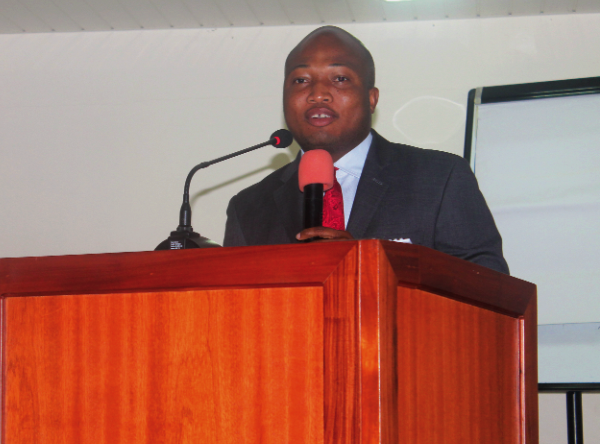
‘Incorporate Guidance, Counselling into educational curriculum’
A national summit advocating the incorporation of Guidance and Counselling into the educational curriculum has been held in Accra. The annual event is organised by the Campaign for Female Education (CAMFED), a non-governmental organisation, in collaboration with the MasterCard Foundation Scholars Programme.
It is dubbed the MasterCard foundation scholar’s annual programme. The 2016 summit focused on guidance and counselling.
The summit brought together local and international experts in education, guidance and counselling, governance, among other stakeholders.
Focus of the summit
In her welcome address, the Executive Director of CAMFED, Mrs Dolores Dickson, said the summit was focusing on guidance and counselling because stakeholders had identified the subject area as a necessary requirement for enhancing academic performance, reducing drop-out rates and facilitating informed career choices, among other benefits.
“The key question should, however, be what factors, if any, impede the incorporation of guidance and counselling in the local educational sector, and how they can be mitigated,” she added.
In his keynote address, a Deputy Minister in charge of Tertiary Education, Mr Okudzato Ablakwa, lauded CAMFED and its stakeholders for the initiative.
He said a strong national guidance and counselling system would allow students to make the right career choices in order to choose the right programmes and schools to become useful to themselves and the nation.
Incorporating guidance and counselling
Mr Ablakwa said the Ministry of Education was currently putting in place measures to incorporate guidance and counselling in the national education curriculum.
As part of the measures, the ministry is currently engaging stakeholders to formulate a national guidance and counselling policy to boost the operations of the guidance and counselling department.
He said the decision was taken because a national guidance and counselling system had been identified to be an effective tool in building a useful human resource for national development.
Mr Ablakwa said the ministry was looking forward to the report from the summit to accelerate the drafting of the policy.
“We want to consider the report of the summit because international and local experts and stakeholders with considerable expertise on the subject matter have been brought together by the summit,” he added.
Mr Ablakwa said currently the ministry had been able to move the disparity between male and female education at the tertiary levels from 70 males as against 30 females to 60 males as against 40 females.
However, he agreed that there was still more to be done, and, therefore, gave an assurance that the ministry would support every initiative that would further reduce the disparity at all levels of education.
Writer’s email
